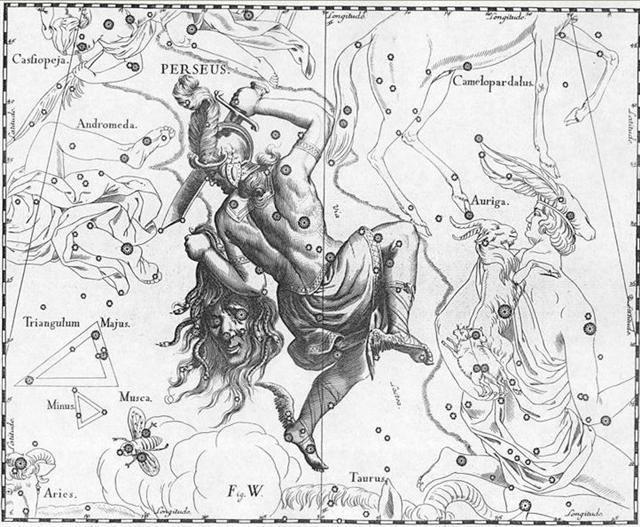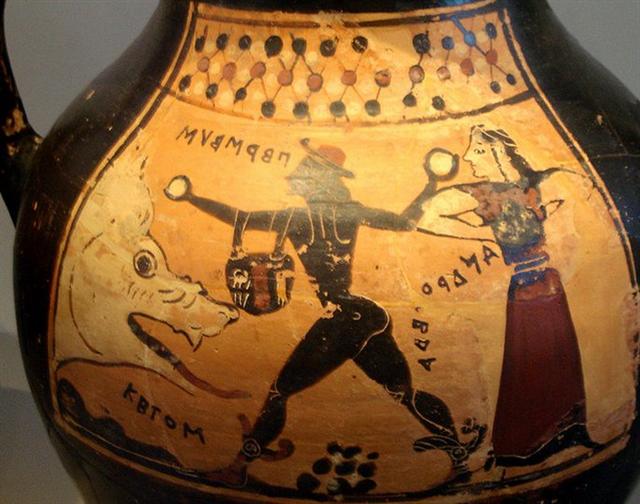My mission is completed. I have created an outline for how I think the rongorongo texts should be interpreted. It took me 21 years and a lot of effort. ... During my summer holidays in the year 2000, off from work and enjoying a nice time of rest with unusually fine weather in our summer house, I read the book by Thomas Barthel (Grundlagen zur Entzifferung der Osterinselschrift.) and learned that Easter Island had more than one mystery, not only the famous stone statues but also an undeciphered system of writing. Realizing that in a few years time I was going to retire, I suddenly saw the possibility to continue an active life even after that by trying to decipher these writings! It would be like a gigantic crossword, keeping myself occupied for years ahead. So I decided to try it ... So, in principle I could stop now. However, it is alternatively possible for me to continue with the next phase, viz. to apply what I have found out - although without any pressure to complete anything - in order to try to learn more about the ancestral world. ... Most ingenious Thoth, said the god and king Thamus, one man has the ability to beget arts, but the ability to judge of their usefulness or harmfulness to their users belongs to another; and now you, who are the father of letters, have been led by your affection to ascribe to them a power the opposite of that which they really possess. For this invention will produce forgetfulness in the minds of those who learn to use it, because they will not practise their memory. Their trust in writing, produced by external characters which are no part of themselves, will discourage the use of their own memory within them. You have invented an elixir not of memory, but of reminding; and you offer your pupils the appearance of wisdom, not true wisdom, for they will read many things without instruction and will therefore seem to know many things, when they are for the most part ignorant and hard to get along with, since they are not wise, but only appear wise ... I have therefore chosen to take a quick look at the text on the B tablet (Aruku Kurenga).
It is not obvious from this table whether the reader should begin at Ba1-1 or with Bb1-1.
However, it seems possible that side a has only 10 lines of glyphs in order to describe the old world order with only 10 months.
... From the natives of South Island [of New Zealand] White [John] heard a quaint myth which concerns the calendar and its bearing on the sweet potato crop. Whare-patari, who is credited with introducing the year of twelve months into New Zealand, had a staff with twelve notches on it. He went on a visit to some people called Rua-roa (Long pit) who were famous round about for their extensive knowledge. They inquired of Whare how many months the year had according to his reckoning. He showed them the staff with its twelve notches, one for each month. They replied: 'We are in error since we have but ten months. Are we wrong in lifting our crop of kumara (sweet potato) in the eighth month?' Whare-patari answered: 'You are wrong. Leave them until the tenth month ... This idea of mine gains support from the number of glyphs in line 7. Because 284 on side b could refer to December 30 (364 = *284) and 294 on side a to the corresponding number in a system with 10 synodic lunar mothns (10 * 29½ = 295). ... Another name for Mercury was Hermes and Hermes Trismegisthos (thrice-mighty) could have referred to the fact that there were 3.14 * 115.88 = 364.0 days for the cycle of the Earth around the Sun. Although the calendar has 365 days for a year this is due to the fact that the Earth has to turn around an extra day in order to compensate for how the direction to the Sun changes during a year ... It should be noticed that the text on side b of the C (Mamari, Egg) tablet carries 348 (= 12 * 29) glyphs and that 3 * 115.88 = 347.64. ... The peculiar orbit of Mercury (Yggr, Woden, Hiro, etc) could be illustrated as the body of a snake. The 'faces' (phases) of Mecury were like that.
Hiro. 1. A deity invoked when praying for rain (meaning uncertain). 2. To twine tree fibres (hauhau, mahute) into strings or ropes. Ohirohiro, waterspout (more exactly pú ohirohiro), a column of water which rises spinning on itself. Vanaga. To spin, to twist. P Mgv.: hiro, iro, to make a cord or line in the native manner by twisting on the thigh. Mq.: fió, hió, to spin, to twist, to twine. Ta.: hiro, to twist. This differs essentially from the in-and-out movement involved in hiri 2, for here the movement is that of rolling on the axis of length, the result is that of spinning. Starting with the coir fiber, the first operation is to roll (hiro) by the palm of the hand upon the thigh, which lies coveniently exposed in the crosslegged sedentary posture, two or three threads into a cord; next to plait (hiri) three or other odd number of such cords into sennit. Hirohiro, to mix, to blend, to dissolve, to infuse, to inject, to season, to streak with several colors; hirohiro ei paatai, to salt. Hirohiroa, to mingle; hirohiroa ei vai, diluted with water. Churchill. Ta.: Hiro, to exaggerate. Ha.: hilohilo, to lengthen a speech by mentioning little circumstances, to make nice oratorial language. Churchill. Whiro 'Steals-off-and-hides'; also [in addition to the name of Mercury] the universal name for the 'dark of the Moon' or the first day of the lunar month; also the deity of sneak thieves and rascals. Makemson. Consequently we could begin to read the text either at the beginning of side a or at the beginning of side b of the B tablet. But as the old world order presumably came before the new order of the Sun we ought to begin with side a. Also Metoro began his reading with the zikru ('figure') in Ba1-1:
Ra'i, T. 1. Sky. 2. Palace. 3. Prince. Henry. 1. Sky, heaven, firmament; ragi moana, blue sky. 2. Cloud; ragipuga, cumulus; ragitea, white, light clouds; ragi poporo, nimbus; ragi hoe ka'i cirrus (literally: like sharp knives); ragi viri, overcast sky; ragi kerekere, nimbus stratus; ragi kirikiri miro, clouds of various colours. 3. To call, to shout, to exclaim. Vanaga. 1. Sky, heaven, firmament, paradise; no te ragi, celestial. 2. Appeal, cry, hail, formula, to invite, to send for, to notify, to felicitate, precept, to prescribe, to receive, to summon; ragi no to impose; ragi tarotaro, to menace, to threaten; tagata ragi, visitor; ragikai, feast, festival; ragitea, haughty, dominating. 3. Commander. 4. To love, to be affectionate, to spare, sympathy, kind treatment; ragi kore, pitiless; ragi nui, faithful. Churchill. Modoc, a language used on the northwest coast of North America: 'A single word, lagi, was used both for the chief and for a rich man who possessed several wives, horses, armour made of leather or wooden slats, well-filled quivers and precious firs. In addition to owning these material assets, the chief had to win military victories, possess exceptional spiritual powers and display a gift for oratory.' (The Naked Man) From Ba1-2 to Ba3-33 there are 118 (= 4 * 29½) glyphs, as if to indicate a quarter of 472 days. 4 * 115 = 2 * 230 = 460 and 4 * 3 = 2 * 6 = 12. Furthermore: 348 * 4 / 3 = 464 = 364 + 100 = 4 * 116 = 29 (the 'fucking' night of Mercury) * 16.
These 30 + 32 glyphs could be expressions derived from a common conceptual root:
Henua. Land, ground, country; te tagata noho i ruga i te henua the people living on the earth. Placenta: henua o te poki. Vanaga. 1. Land, country, region (heenua); henua tumu, native land. P Pau.: henua, country. Mgv.: enua, land, said of shallow places in the sea; mamuenua, the earth. Mq.: fenua, henua, land, country, place, property. Ta.: fenua, land, country place. There is apparently nothing critical in the first vowel; e is the most widely extended; a is found only in Samoa, Viti, and Rotumā in Nuclear Polynesia, but is the dominant vowel in Melanesian survivals. 2. Uterus. T (cf eve). T Pau.: pufenua, placenta. Mgv.: enua, id. Mq.: fenua, henua, id. 3. Pupuhi henua, volley. PS Sa.: fana-fanua, cannon. To.: mea fana fonua, id. Fu.: fanafenua, id. Niuē: fanafonua, id. Viti: a dakal ni vanua, id. Churchill. M.: Whenua, the Earth; the whole earth: I pouri tonu te rangi me te whenua i mua. 2. A country or district: A e tupu tonu mai nei ano i te pari o taua whenua. Tangata-whenua, natives of a particular locality: Ko nga tangata-whenua ake ano o tenei motu. Cf. ewe, the land of one's birth. 3. The afterbirth, or placenta: Ka taka te whenua o te tamaiti ki te moana. Cf. ewe, the placenta. 4. The ground, the soil: Na takoto ana i raro i te whenua, kua mate. 5. The land, as opposed to the water: Kia ngaro te tuapae whenua; a, ngaro rawa, ka tahi ka tukua te punga. Text Centre. Ha.: Honua. 1. nvs. Land, earth, world; background, as of quilt designs; basic, at the foundation, fundamental. See lani. Kaua honua, world war. Ka wahine 'ai honua, the earth-eating woman [Pele]. ho'o honua To establish land, act as land; to scoop out earth, as for a fireplace; firmly established. Fig., rich (rare). (PPN fanua.). 2. part. Suddenly, abruptly and without reason. Cf. kūhonua. Huha honua ihola nō, suddenly angry and for no reason. Maka'u honua ihola nō ia, sudden fear. 3. n. Middle section of a canoe; central section of a canoe fleet, as fishing iheihe fish; main section, as of an army. Wehewehe. Rua. 1. Two; second; other (precedes the noun); te rua paiga, the other side. 2. Hole, grave; holes in the rocks or between the rocks of the coastal lagoons; he keri i te rua, to dig a hole. 3. To vomit. Vanaga. 1. Two. P Mgv., Ta.: rua, id. Mq.: úa. 2. Nausea, seasickness, to vomit, disgust; hakarua, to vomit, to spew. PS Mgv.: aruai, ruai, to vomit. Mq.: úa, id. Ta.: ruai, id. Pau.: ruaki, id. Sa.: lua'i, to spit out of the mouth; lulua, to vomit. To.: lua to vomit. Fu.: lulua, luaki, id. Niuē: lua, id. Viti: lua, id.; loloa, seasick. 3. Cave, hollow, ditch, pit, hole, beaten path, grave; rua papaka, a ditch. P Pau.: rua, a hole. Mgv.: rua, a hole in the ground, ditch, trench. Mq.: úa, dish, hole, cavern. Ta.: rua, hole, opening, ditch. Churchill. Ta.: ruahine, an old woman. Ma.: ruahine, id. Ta.: ruaroa, tropic of Capricorn. Mq.: uaoa, a constellation, the eleventh month. The sense in Tahiti is probably that of some constellation which may be used to determine the position. Ta.: ruau, an old man, an old woman. Ha.: luau, a parent. Churchill. LUA, s. Haw., a pit, hole, cave; v. to dig a hole; also in ancient times a process of killing a man by breaking his back or bones; lua-lua, be flexible, pliant, soft, old garments, a road with many small ravines crossing it; lua-u and lua-ni, a parent; lua-hine, an old woman. Mang., rue-ine, id. Sam., lua, hole, pit; lua-o, an abyss. Tah., rua, hole, pit; rua-rua, to slander, to backbite; rufa, worn out, as garments; rua-u, old, stricken in years; s. old man or woman. Tong., luo, hole. N. Zeal., rua, id. Fiji., rusa, decayed perished. Malg., loakh, luaka, hole, cave, pierced. Greek, τρυω, τρυχω, to rub down, wear out, waste; τρυςω, toil, labour; τρυπα, τρυμη, a hole; τρυπανον, a borer, auger; τρυχος, a tattered garment, rags; τρυφη, softness, delicacy; θρυπτω, break in pieces. Liddell and Scott refer these words to τειρω, to rub, rub away, as derivatives of it, wear out, and τειρω, to the Sanskrit tŗi, to pass over, hasten, fulfil, &c. Benfey also concurs in that derivation when he refers τρυμα, a hole, and τρυτανη, the tongue of a balance, to the same tŗi. With due deference to so great authorities, I would suggest that the above group of Greek words be referred to the Sanskrit ru, lu, lædere, secare, with the prefix t; and they would thus at once fall into line with their Polynesian relatives, whose development of sense is perfectly analogous to the Greek group, though their development of form has been arrested. It may be noted, moreover, as distinctive of the two roots, tŗi and ru, that while from the former - to pass over frequently, to rub, to smootheen - the idea of 'young, fresh, a youth' (taruna), 'soft, delicate' (τερην), 'tender, soft, and childhood' (tener), were developed, the root ru, lu, gave birth to the idea of 'old age, weakness, crumpled, flexible, as an old garment'; lua, lua-u, τρυχος. Lat., trua, trulla, a tray, ladle, basin; ruo , to tumble down, but whose primary sense must have been 'to dig', as evidenced in the phrase 'ruta et cæsa', and in rutrum, a spade, mattock. Quære, rus, country, from ruo, to dig, cultivate? Goth., riurs, mortal, corruptible. Scand., rye; Swed., rycka, pull up, pluck out. Anc. Slav., ryti, to dig; ruvati, to tear away. Irish, ruam, a spade; rumhar, a mine; rumahar, labour. (Fornander)
... the Inuit who regard sun as female and moon as male, sister and brother: 'The moon, being without food, wanes slowly away from starvation until it is quite lost from sight; then the sun reaches out and feeds it from the dish in which the girl has placed her breast. After the moon is fed and gradually brought to the full, it is then permitted to starve again, so producing the waxing and waning every month ...
Aue. Ah, alas. Aueue, oh. P Pau., Ta.: aue, alas. Mgv.: aue, auhe, alas. Mq.: aue, oh, alas; auhe, a sigh. Exclamation in general representing the most primordial type of speech, it seems that this may be reduced to recognizable elements. The e is throughout these languages a vocative or hailing sign, commonly postpositive in relation to the person hailed. In the examination of au we have shown that the primal first person singular designation is u. With the comparatively scanty material afforded by this vocabulary we may not attempt to define the use of a but we have no hesitation in noting that proof based on wider studies will show it to have, inter alia, a characteristic function as a word-maker. In a very high degree, then, a-u-e is represented by a common English interjection 'oh my!' in which oh = a, my = u, and e = !. Churchill. What is this cry which our primitive islanders share with the animals? Look at its elements, all full-throated. First we have a, the sound of mouth open, fauces open, lungs full of air. As air expires the sound recedes in the mouth towards the palate and we find the u. Last comes the conscious finish of the utterance, the muscles begin to retract, the sound-making point is forced forward and the sound is e. If the man had but a few more cubic centimeters of lung capacity he could attain cow volumne for his cry, or interjection, since it amounts to the same thing. Churchill 2. When the new moon appeared women assembled and bewailed those who had died since the last one, uttering the following lament: 'Alas! O moon! Thou has returned to life, but our departed beloved ones have not. Thou has bathed in the waiora a Tane, and had thy life renewed, but there is no fount to restore life to our departed ones. Alas ... (Makemson)
|
||||||||||||||||||||||||||||||||||||||||||||||||||||||||||||||||||||||||||||||||||||||||||||||||||||||||||||||||||||||||||||||||||||||||||||||||||||||||||||||||||||||||||||||||||||||||||||||||||||||||||||||||||||||||||||||||||||||||||||||||||||||||||||||||||||||||||||||||||||||||||||||||||||||||||||||||||||||||||||||||||||||||||||||||||||||||||||||||||||||||||||||||||||||||||||||





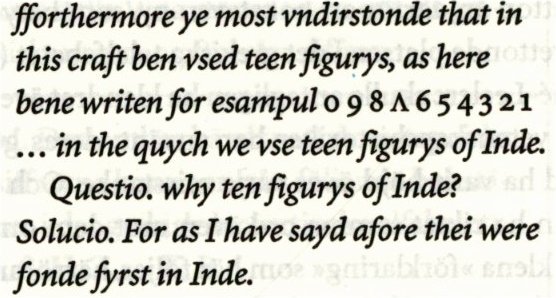
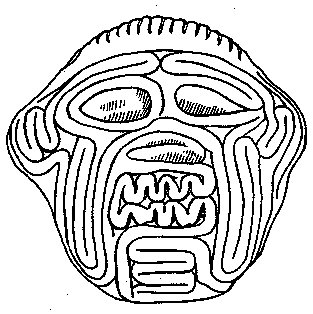
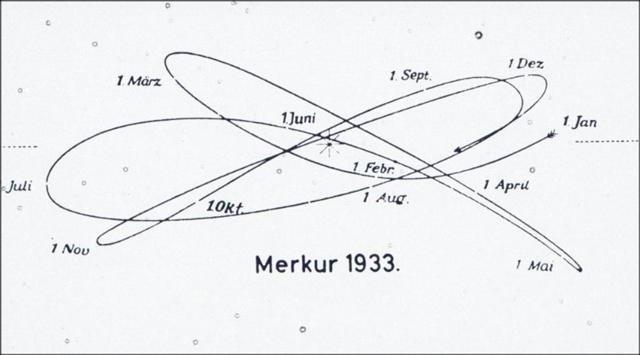

























.jpg)




.jpg)




